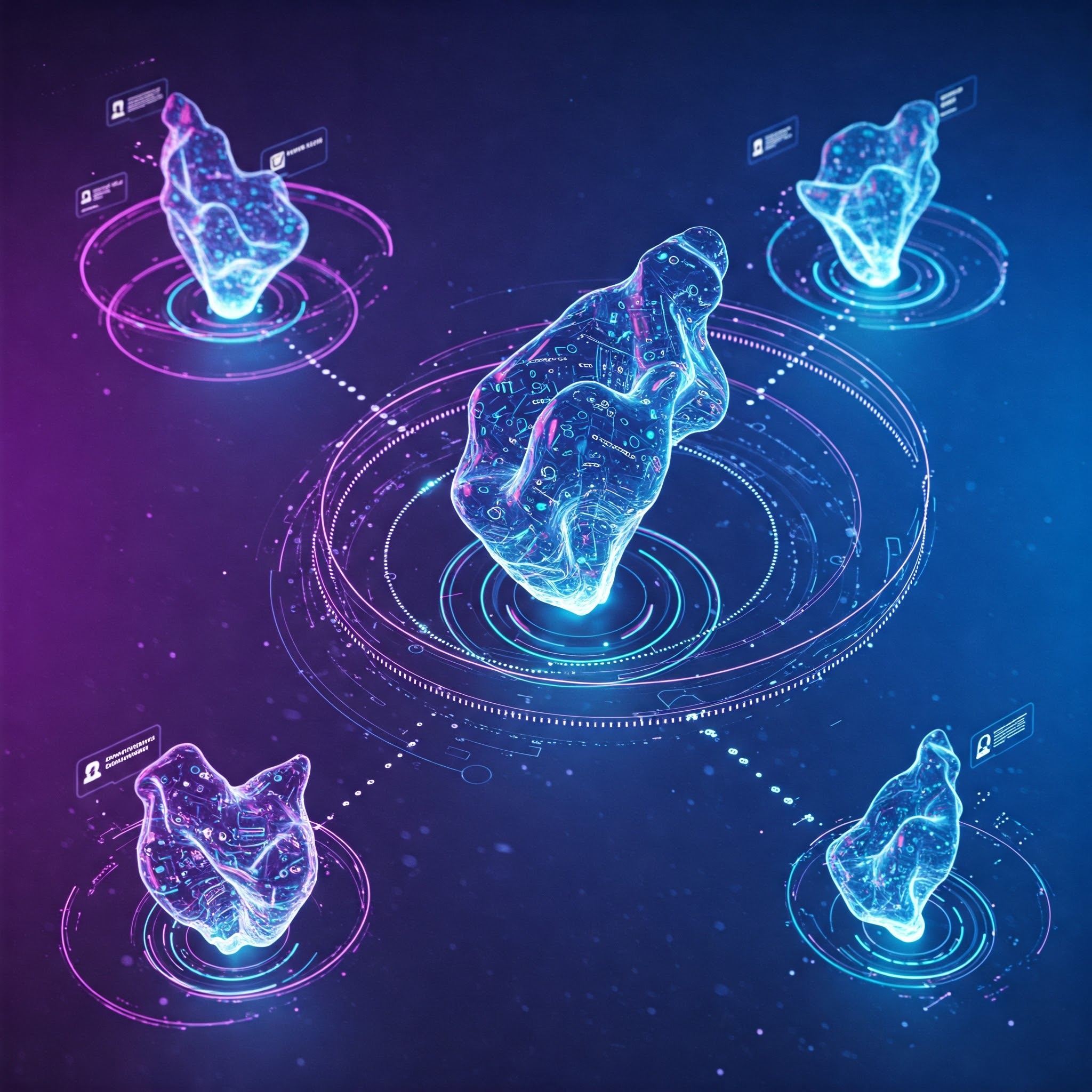The world of AI is buzzing, and "Language Agents" are at the forefront of this exciting new chapter! As a Trailblazer in the Advanced Large Language Model Agents MOOC, I recently dived into a fascinating lecture by Yu Su on this very topic, and it has reshaped my understanding of where AI is heading.
What Exactly ARE Language Agents?
We've heard a lot about LLMs, but agents are more than just language models connected to tools. Yu Su highlighted an "Agent-first" view, which I find particularly compelling. Instead of seeing agents as mere extensions of LLMs, this perspective views them as the continuation of AI's core pursuit: creating intelligent entities that can perceive, reason, and act. LLMs then become a powerful upgrade, endowing these agents with the profound ability to use language for complex reasoning and nuanced communication. This isn't just about chatbots; it's about building systems that can genuinely understand tasks, formulate plans, and interact with their environment (and even an internal "thought" environment!) in sophisticated ways.
Reasoning, Memory, and the Path Forward
One of the most intriguing parts of the lecture was the deep dive into how these agents are being developed to overcome current limitations. For instance:
- Smarter Memory: Current systems often struggle with long-term memory and integrating new information effectively – the "catastrophic forgetting" problem. Yu Su's work on HippoRAG, inspired by the human brain's hippocampal indexing theory, offers a fascinating approach. By creating a structured, graph-based index for information, agents can retrieve and associate disparate pieces of knowledge more like humans do, enabling more robust learning and context awareness. Imagine an agent that doesn't just recall isolated facts but understands complex relationships across a vast knowledge base!
- The Power of Implicit Reasoning: We often see AI reasoning demonstrated through explicit "chain-of-thought" outputs. However, Yu Su discussed the critical role of implicit reasoning – how models learn to make connections and deductions internally. The concept of "grokking," where models achieve deeper generalization long after initial training has plateaued, suggests that these systems are developing more efficient internal circuits for reasoning. This is crucial for building agents that can truly understand and apply rules in novel situations.
A Trailblazer's Perspective:
This lecture solidified for me that building effective language agents isn't just an engineering challenge; it's a journey into understanding the fundamentals of intelligence itself. The shift towards agents that can dynamically plan, learn continuously, and reason about their actions opens up a universe of possibilities – from hyper-personalized assistants and revolutionary scientific discovery tools to more automated and intelligent workflows.
Of course, there are significant challenges ahead, especially concerning safety, evaluation, and ensuring these powerful tools are used responsibly. But the potential is undeniable.
I'm incredibly excited to continue exploring these concepts in the MOOC and to see how these "Language Agents" will shape our future.
What are your thoughts on the potential of Language Agents? What applications are you most excited or concerned about?
Learn more about this journey at https://llmagents-learning.org/sp25
#LanguageAgents #AI #ArtificialIntelligence #MachineLearning #LLM #FutureTech #TechInnovation #DeepLearning #MOOC #OnlineLearning #Trailblazer #AdvancedLargeLanguageModelAgents
